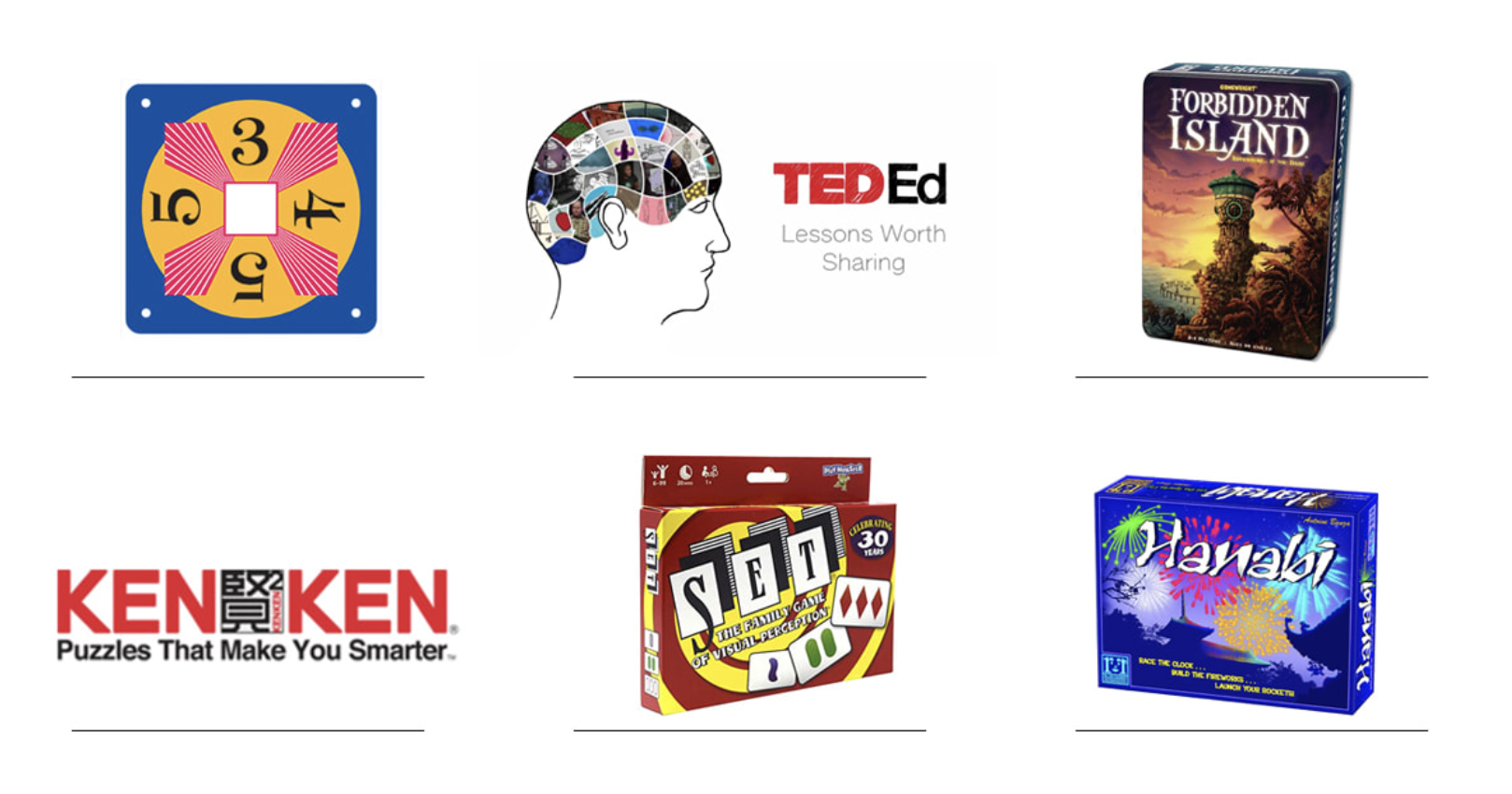
Take a look at these old favorites and new ideas for elementary and middle school students—you’ll be sure to find something that will intrigue your child!
By Meadowbrook middle school mathematics teacher and department chair Leah Weintraub
Right now, we are all up for engaging our brains in new ways. Strong logical thinking and pattern recognition, in particular, are foundational skills for successful math students in the early grades, algebra, and beyond.
The ideas below challenge students and adults alike, so everyone can join in on the fun! Most of these are appropriate for a variety of ages.
TED-Ed Riddles on YouTube: Built with a “pause” so you can stop the video and work on the details, these are a variety of classic and fun riddles. I’ve used them with third through seventh graders; sometimes the third graders were better at them! Brainstorming ideas together to try to solve these puzzles is a great team activity.
Sudokus are pretty well known, but KenKens are a step-up: arithmetic plus the puzzle board rules of Sudoku. You can play free daily challenges or subscribe to ad-free content, choosing difficulty levels appropriate for elementary age and beyond.
Also really fun is the 24 Game, appropriate for grades K–8. The original card game is nice for offline fun at home, or you can choose the online version. I keep the app on my phone for a quick class challenge!
I cannot recommend SET enough. I received this game at age 6 and have adored it ever since. It’s a visual perception and logic game, now with a daily online puzzle and an iPhone app. It’s one of the simplest yet most brilliant games ever invented. If I had to pick one idea to take away from this list, this would be it.
I’ll leave you with two ideas for cooperative games, which are underrated in their full-family fun factor as well as their logical thinking. We rarely get to use the side of our brain that asks us to collaboratively work together and solve problems at the same time, so these games are excellent for helping students see their peers and friends as allies in problem solving. Hanabi (ages 8+) and Forbidden Island (ages 10+) top my list in this category.










